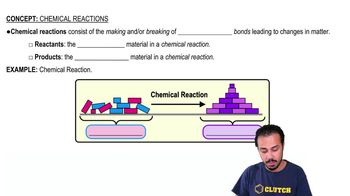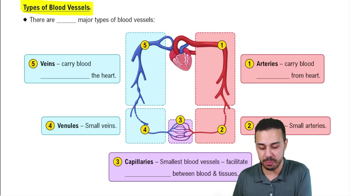Here are the essential concepts you must grasp in order to answer the question correctly.
Transfusion Reaction
A transfusion reaction is an adverse response that occurs when a recipient's immune system reacts against transfused blood products. This can happen due to incompatibility between the donor's and recipient's blood types, leading to the destruction of red blood cells. Symptoms may include fever, chills, and in severe cases, shock or organ failure.
Recommended video:
Blood Type Compatibility
Blood type compatibility is crucial in transfusions, determined by the presence of specific antigens on the surface of red blood cells. The ABO and Rh systems are the primary classifications; for example, type A blood has A antigens and anti-B antibodies. Mismatched transfusions can trigger immune responses, resulting in transfusion reactions.
Recommended video:
Consequences of Transfusion Reactions
The consequences of transfusion reactions can range from mild to life-threatening. Mild reactions may cause fever and discomfort, while severe reactions can lead to hemolytic anemia, acute kidney injury, or even death. Prompt recognition and treatment are essential to mitigate these risks and ensure patient safety.
Recommended video:
 Elaine N. Marieb, Katja Hoehn 7th Edition
Elaine N. Marieb, Katja Hoehn 7th Edition Ch. 21 The Immune System: Innate and Adaptive Body Defenses
Ch. 21 The Immune System: Innate and Adaptive Body Defenses Problem 12
Problem 12 Verified step by step guidance
Verified step by step guidance


